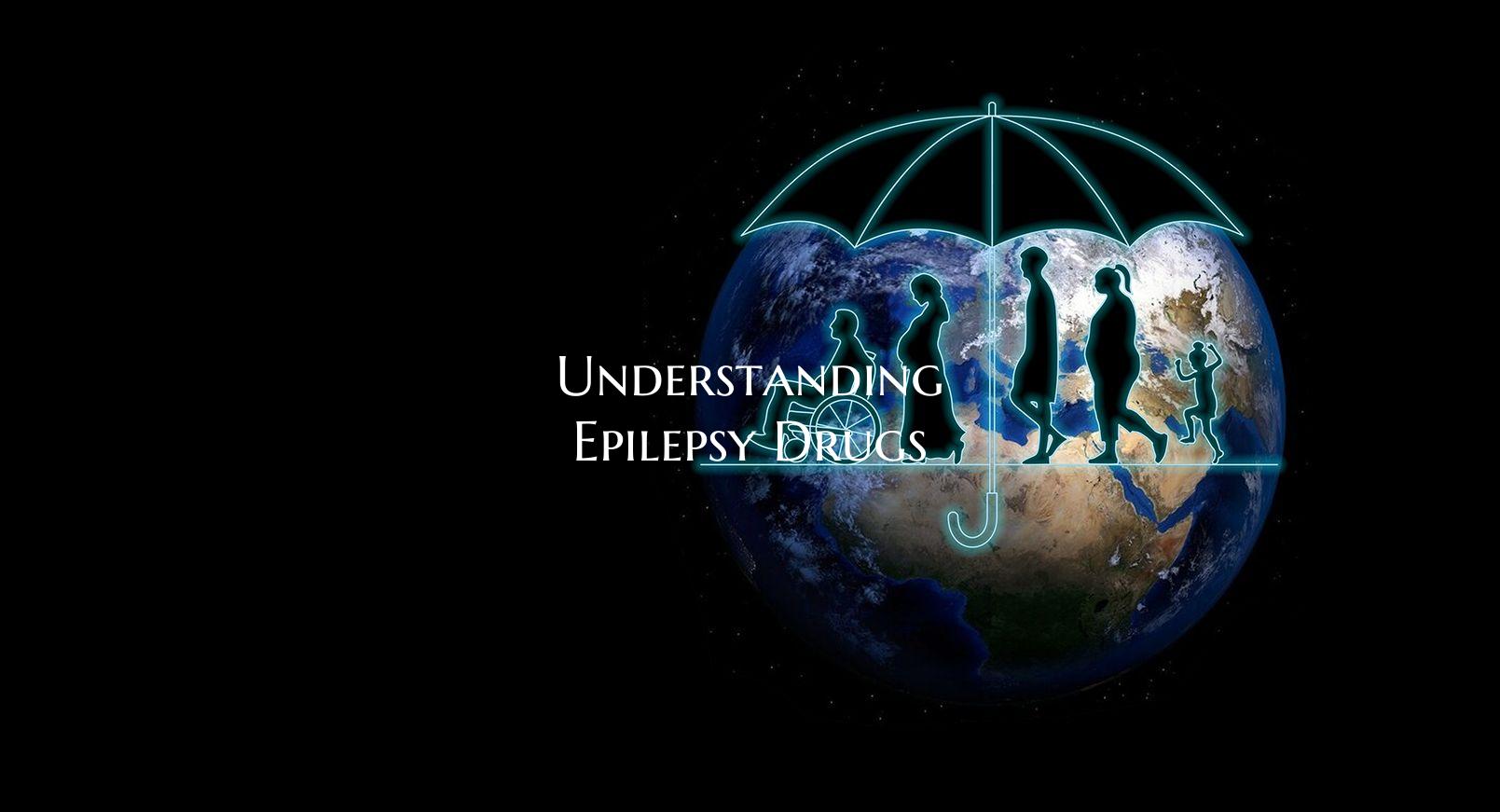
Understanding Epilepsy Drugs
Epilepsy is a neurological disorder characterized by recurrent seizures that can vary in frequency and intensity. While there is no cure for epilepsy, medications play a crucial role in managing the condition and reducing the frequency of seizures. Understanding the different types of epilepsy drugs, how they work, and their potential side effects is essential for patients, caregivers, and healthcare professionals alike.
1. Types of Epilepsy Drugs: - Antiseizure medications, also known as antiepileptic drugs (AEDs), are the primary treatment for epilepsy. There are many different types of AEDs, each targeting specific mechanisms in the brain to control seizures. - Some common AEDs include carbamazepine, valproic acid, phenytoin, and levetiracetam. These medications can be prescribed alone or in combination to achieve optimal seizure control.
2. How Epilepsy Drugs Work: - Epilepsy drugs work by stabilizing electrical activity in the brain to prevent abnormal bursts of electrical impulses that cause seizures. - Different medications target different neurotransmitters or ion channels to regulate brain activity and reduce the likelihood of seizures.
3. Side Effects of Epilepsy Drugs: - While epilepsy medications are generally safe and effective, they can also have side effects that vary depending on the drug and individual response. - Common side effects of AEDs can include dizziness, drowsiness, nausea, and changes in mood or behavior. It is important for patients to communicate any side effects to their healthcare provider to adjust the treatment plan accordingly.
4. Monitoring and Adherence: - Regular monitoring of drug levels in the blood may be necessary to ensure that the medication is within the therapeutic range for optimal seizure control. - Adherence to the prescribed medication regimen is crucial for managing epilepsy effectively. Missing doses or abruptly stopping medication can increase the risk of breakthrough seizures.
5. Working with Healthcare Providers: - Patients with epilepsy should work closely with their healthcare providers to find the right medication and dosage that works best for them. - Open communication with healthcare providers about seizure frequency, side effects, and any concerns is key to managing epilepsy and adjusting treatment as needed.
In conclusion, understanding epilepsy drugs is essential for individuals living with epilepsy to effectively manage their condition and improve their quality of life. By working closely with healthcare providers, staying informed about medications, and monitoring for any changes or side effects, individuals with epilepsy can actively participate in their treatment plan and strive for better seizure control.